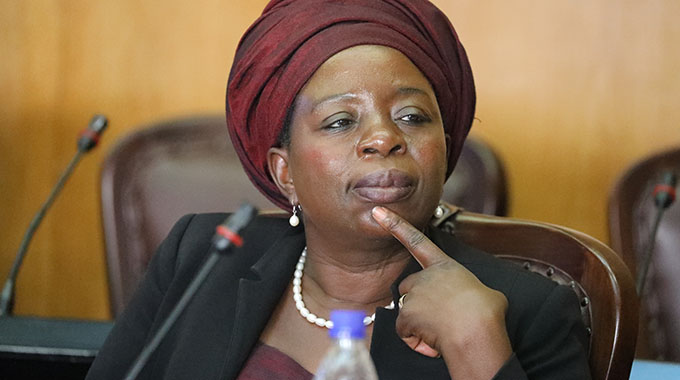PRESIDENT Emmerson Mnangagwa says recent monetary policy measures by authorities are beginning to yield results as the economy is now stabilising.
In a speech delivered on his behalf by Industry minister Sekai Nzenza at the CEO Roundtable 2021 in Victoria Falls, Mnangagwa said the country had managed to deal with foreign currency abuses.
“Although economists and other industry players were skeptical of the Statutory Instrument (SI) 127 of 2021 promulgated in May, let me assure you that the SI is starting to yield positive results in as far as wanton abuse of the foreign exchange auction system, exchange rate manipulation and non-compliance with anti-money laundering rules and regulations is concerned.
“I call upon all captains of industry and commerce to follow the laid out regulations under SI 127 to sustain inflation and exchange rate stability as this is necessary for economic rebound, as we crush barriers and tap into a new economic dawn where macro-economic stability is prioritised,” Mnangagwa said.
SI 127/21 criminalises unscrupulous traders who sell their wares using black market foreign currency rates.
This comes as the government also recently took tough monetary policy measures in a bid to rein in the harmful foreign currency parallel market amid evidence that it was also beginning to bear fruit.
Surveys by the Daily News crews recently showed that black market rates have eased off to as low as $130 to the American dollar in some cases, from ill-boding highs of up to $220 to the much coveted greenback two weeks ago.
At the same time, the once ubiquitous money changers on the streets of many urban areas in the country have mostly vanished, with the few remaining ones conducting their dwindling business from the safety of their homes for fear of being arrested by law enforcement agents.
A once thriving Harare currency dealer readily admitted that business had become “extremely tough” in recent weeks, adding that he was now having to try other things to “put food on the table” for his family.
Mnangagwa, on the other hand, said that the economy was growing, adding that there was a need to remain disciplined.
“As we chart the recovery curve and build momentum for a new economic dawn, let us take into consideration progress that has been made so far in addressing some of the challenges in Zimbabwe’s economy.
“The monetary and fiscal consolidation measures being implemented by the government to date have managed to firmly anchor inflation expectations as shown by a significant decline in inflation from a peak of 834.01 percent in July last year to 56.2 percent in July 2021.
“We expect the month-on-month inflation to remain stable at less than three percent during this second half of 2021,” he said.
He added that industry players should utilise Zimbabwe’s economic policy framework to champion export led industrialisation.
“There is a system of interdependence in the policies implemented in Zimbabwe. In addition to the Local Content Strategy, the Zimbabwe National Industrial Development Policy (2019-2023) should be fully utilised as we map a way forward into the future.
“This policy should be leveraged on to improve the manufacturing sector performance in terms of contribution to gross domestic product, employment creation and foreign exchange earnings by the sector,” Mnangagwa said.
He further called upon foreign investors and Zimbabweans in the diaspora as well as delegates who attended the conference to complement the government’s efforts to industrialise by investing in the country.




